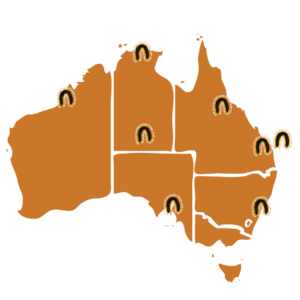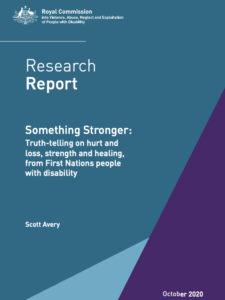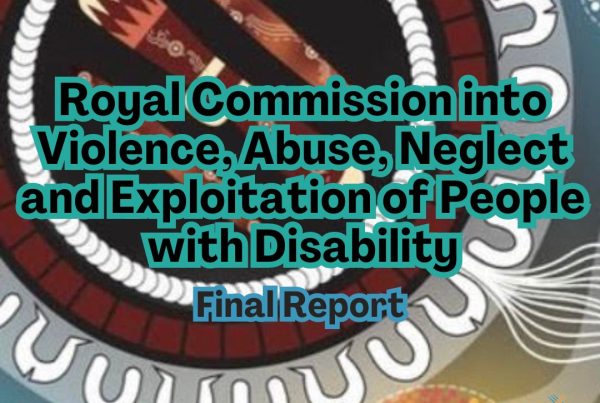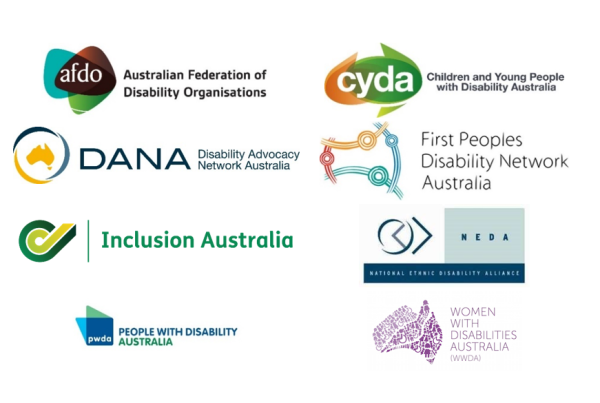FPDN Response to the Disability Royal Commission’s Final Report
The Disability Royal Commission’s Final Report has been made public, FPDN want to ensure they provide responses that are well-informed and grounded in factual evidence to address the commission’s recommendations, and to do this it may take us some time.
FPDN will continue to advocate for reform, provide guidance, support and ensure that the voices of First Nations people with disability are given priority. We are actively working on a formal response to the report and recognise this effort signifies the culmination of many years of dedicated advocacy and tremendous community-driven efforts.
The report may contain confronting material and we understand that this can be a tough or confusing time for most of us mob. If you need support, reach out to a 13YARN Crisis Supporter on 13 92 76 or visit 13yarn.org.au.





